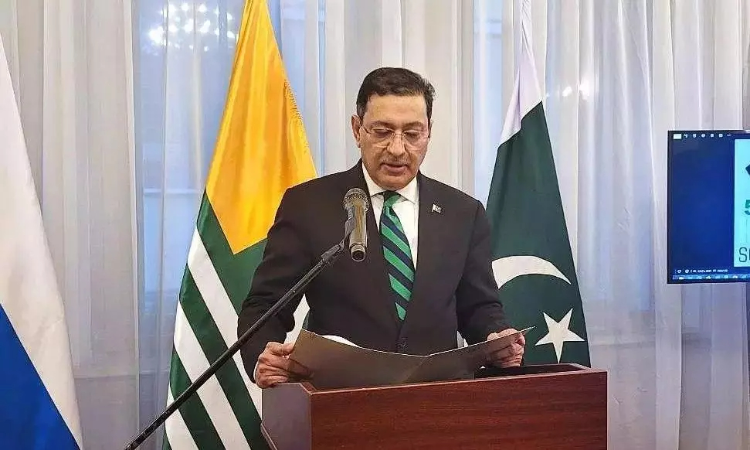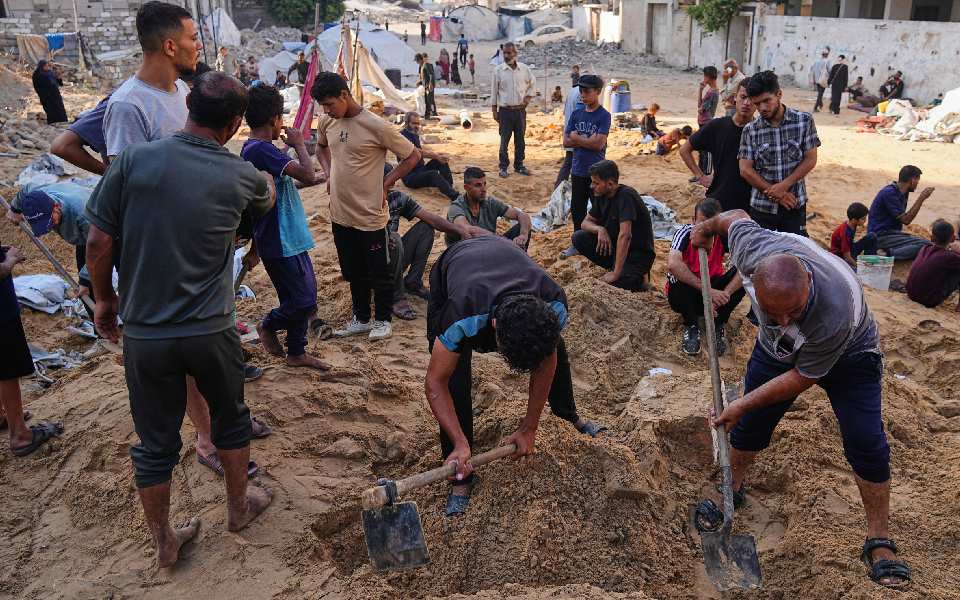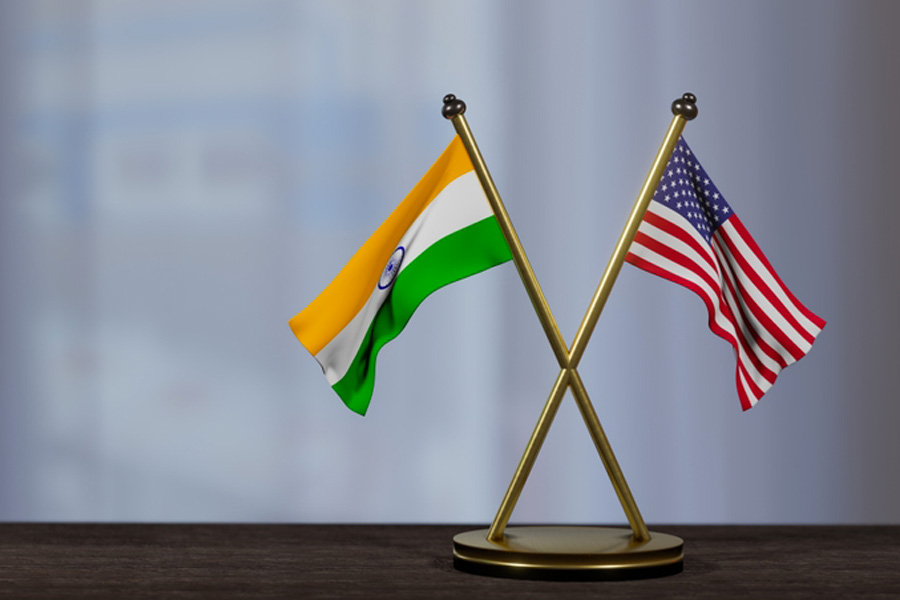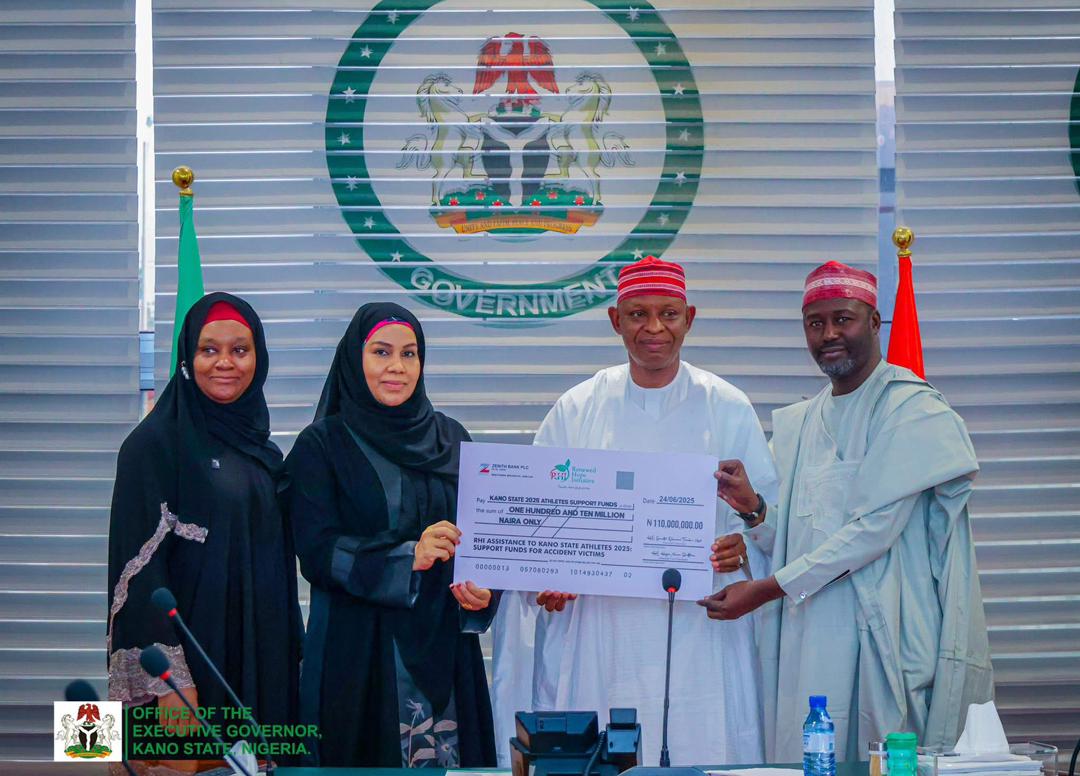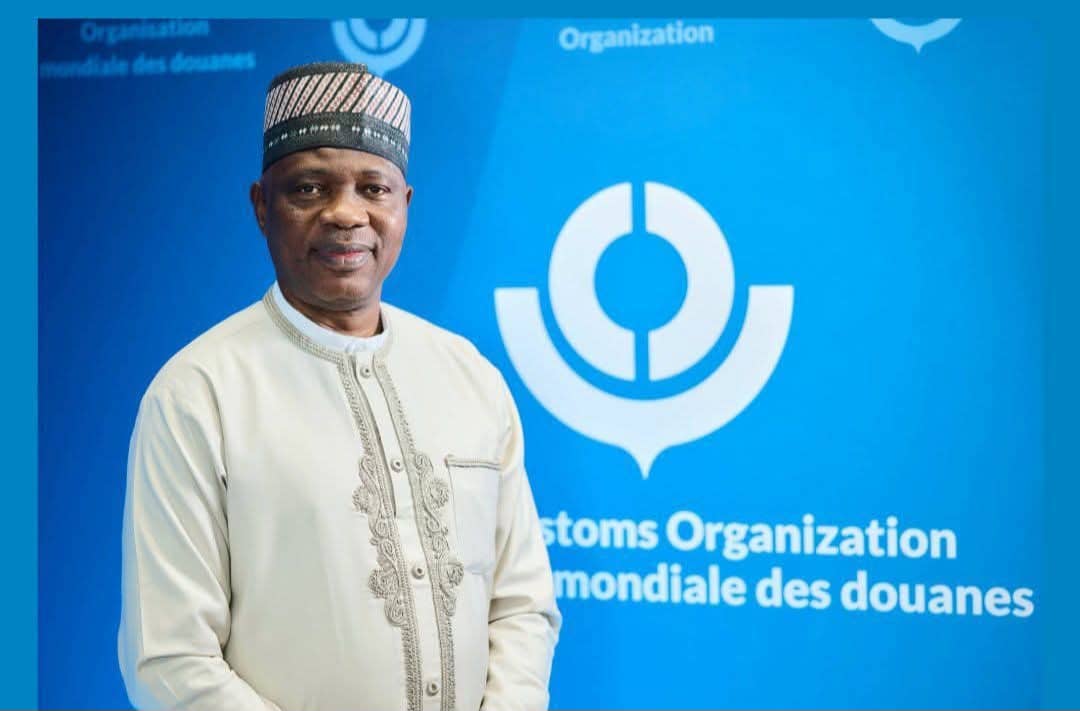PTI, MOSCOW, MAY 5, 2025 : Pakistan will respond with the “full spectrum of force,” including nuclear, if it is attacked or its vital water flow disrupted, Pakistan’s ambassador here has warned amid tensions between New Delhi and Islamabad after the Pahalgam terror attack.
Muhammad Khalid Jamali made the comments during an interview with Russia’s state-run TASS news agency on Sunday. Warning that Pakistan was prepared to respond to any aggression, the ambassador said: “We in Pakistan will use the full spectrum of force, both conventional and nuclear.” Ties between India and Pakistan plummeted following the April 22 Pahalgam terror attack in Jammu and Kashmir that killed 26 people, mostly tourists.
Jamali reiterated Islamabad’s position regarding the Indus Water Treaty, a key agreement between India and Pakistan, which New Delhi suspended last week as a part of its diplomatic response to the terror attack. “Any attempt to usurp the water of the lower riparian, or to stop it, or to divert it would be an act of war against Pakistan and would be responded to with full force, including nuclear,” he said.
The envoy, however, urged de-escalation, noting the potential danger given that both countries possess nuclear weapons. “As the two countries are nuclear powers, there is all the more need to de-escalate the tensions,” he said. Pakistan earlier called for “neutral and credible investigations” into the Kashmir attack. “I think the role of the international community comes in. And in this regard, we expect that powers like China and Russia can participate in those investigations,” Jamali said.
“I believe that the root cause of the problem in Jammu and Kashmir is the right to self-determination for the Kashmiri people, which was promised to them by the international community through various UN Security Council resolutions,” he claimed. “This needs to be addressed for a permanent, sustainable, and durable peace,” he added.
When asked whether Pakistan was preparing a formal appeal to Russia to take part in the investigation into the terrorist attack, the ambassador said: “We are open [to it]. We want this investigation to be conducted and this blame game to stop. There are incidents from time to time, and without addressing the root causes, Pakistan is blamed for this.”
He said Moscow has pointed at the need to address the “root causes” in the Russia-Ukraine conflict. “Similarly, when political disputes fester for a long time, resentment arises and such incidents are likely to occur. It’s always very easy to blame and make someone a scapegoat,” he said.
Following the Pahalgam attack, India, among other punitive actions, announced the suspension of the 1960 Indus Accord, which governs water sharing between the two countries. Earlier on April 24, Prime Minister Narendra Modi vowed to punish the terrorists involved in the terror attack and their backers.

